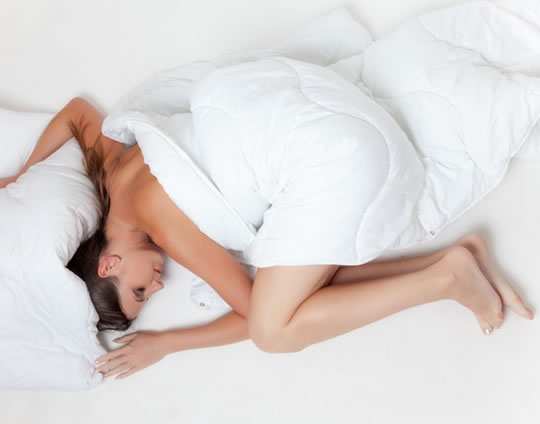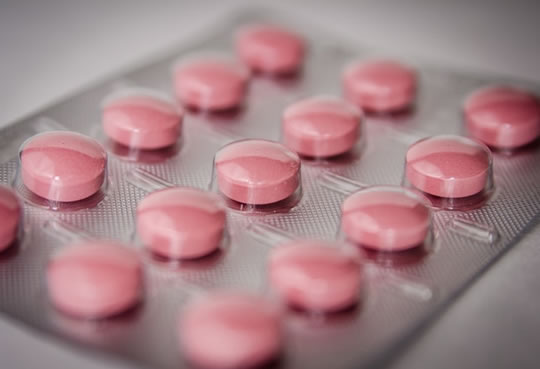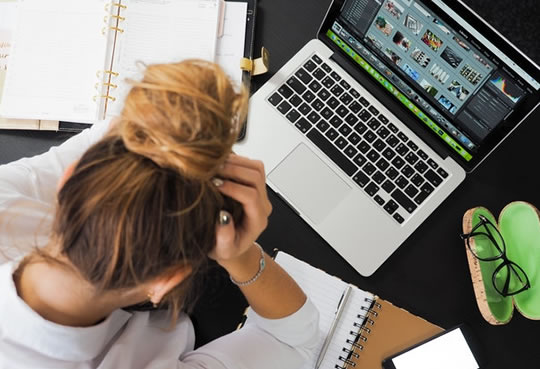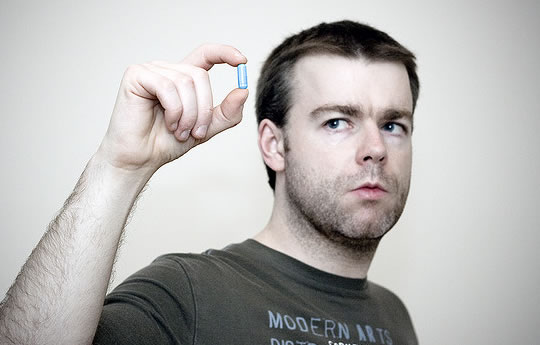Poor sleep is frequently linked to depression and anxiety.
Getting less than 8 hours per night is linked to depression and anxiety, research finds.
People who get less than this amount of sleep show increases in intrusive, repetitive thoughts.
The study found that sleep disrupted people had difficulty switching their attention away from negative thoughts.
Professor Meredith Coles, study co-author, said:
“We found that people in this study have some tendencies to have thoughts get stuck in their heads, and their elevated negative thinking makes it difficult for them to disengage with the negative stimuli that we exposed them to.
While other people may be able to receive negative information and move on, the participants had trouble ignoring it.”
The study involved people looking at pictures that triggered different emotional responses.
The less people slept, the more difficulty that had moving their attention away from the worrying pictures.
Getting stuck on negative thoughts — also known as rumination — is central to depression and anxiety.
Professor Coles said:
“We realized over time that this might be important — this repetitive negative thinking is relevant to several different disorders like anxiety, depression and many other things.
This is novel in that we’re exploring the overlap between sleep disruptions and the way they affect these basic processes that help in ignoring those obsessive negative thoughts.”
The researchers hope their study will provide insights into how people’s sleep patterns can be shifted to help treat their depression and anxiety.
The study was published in the Journal of Behavior Therapy and Experimental Psychiatry (Nota & Coles, 2018).










